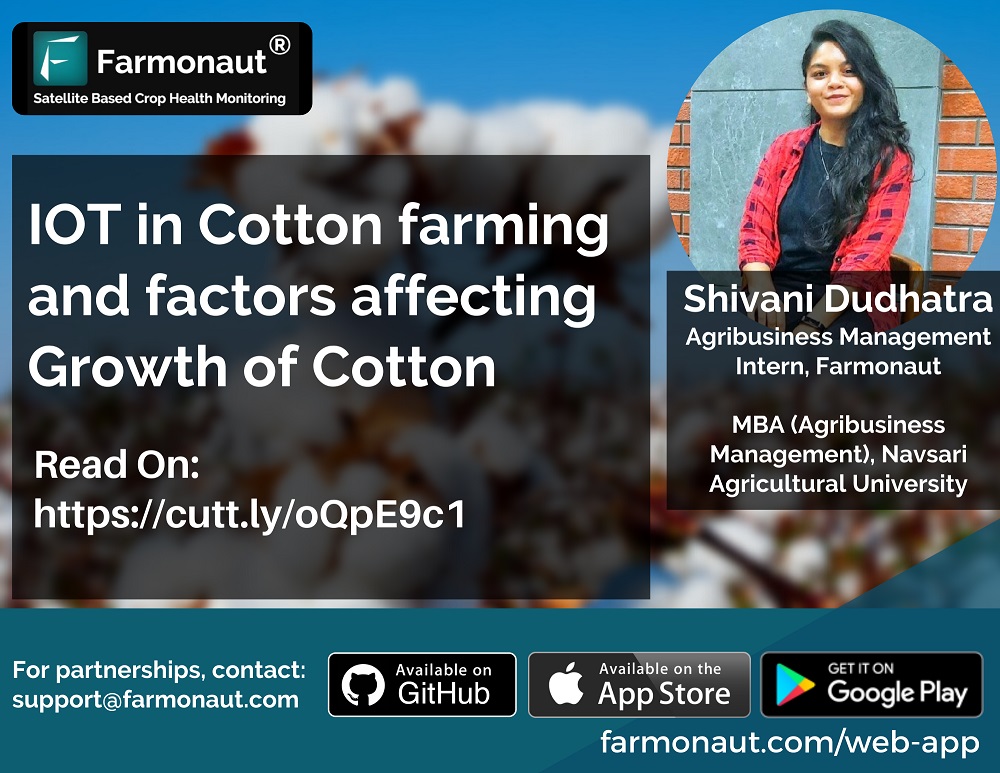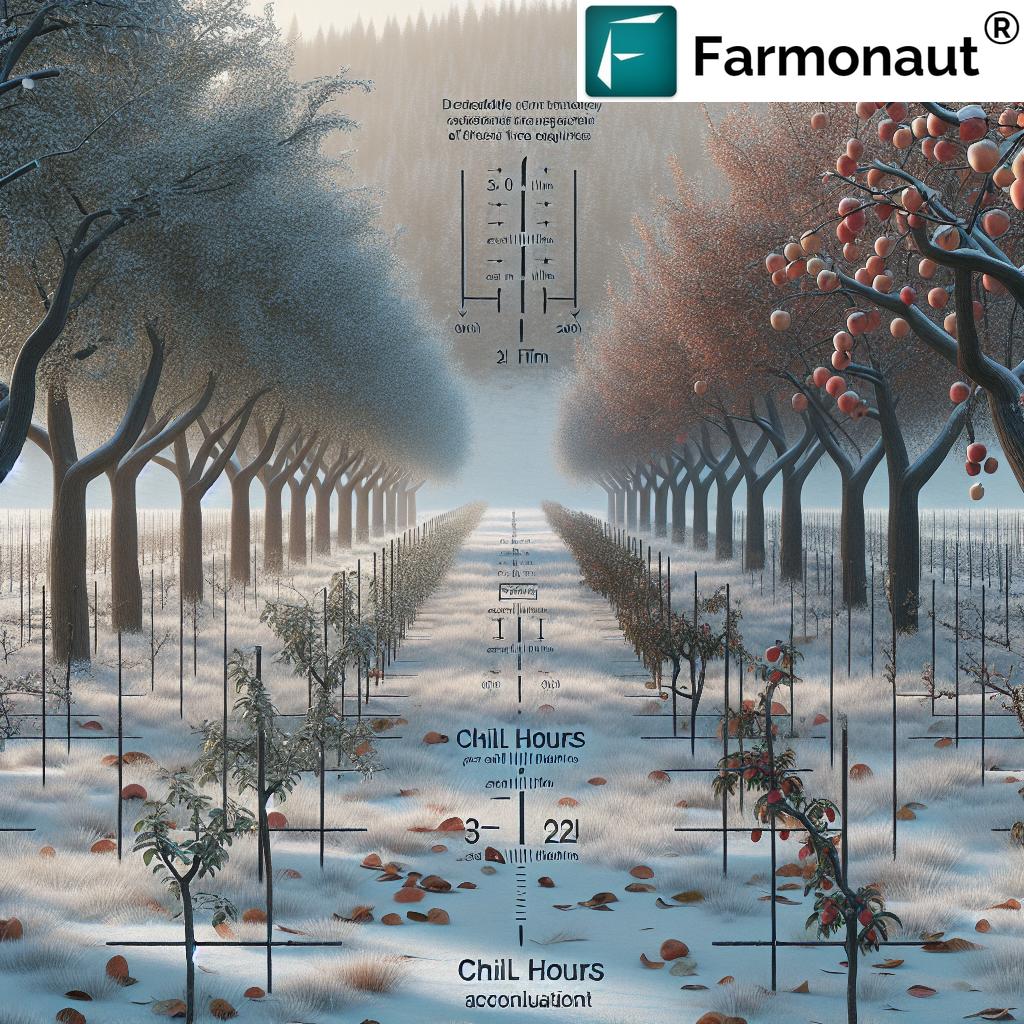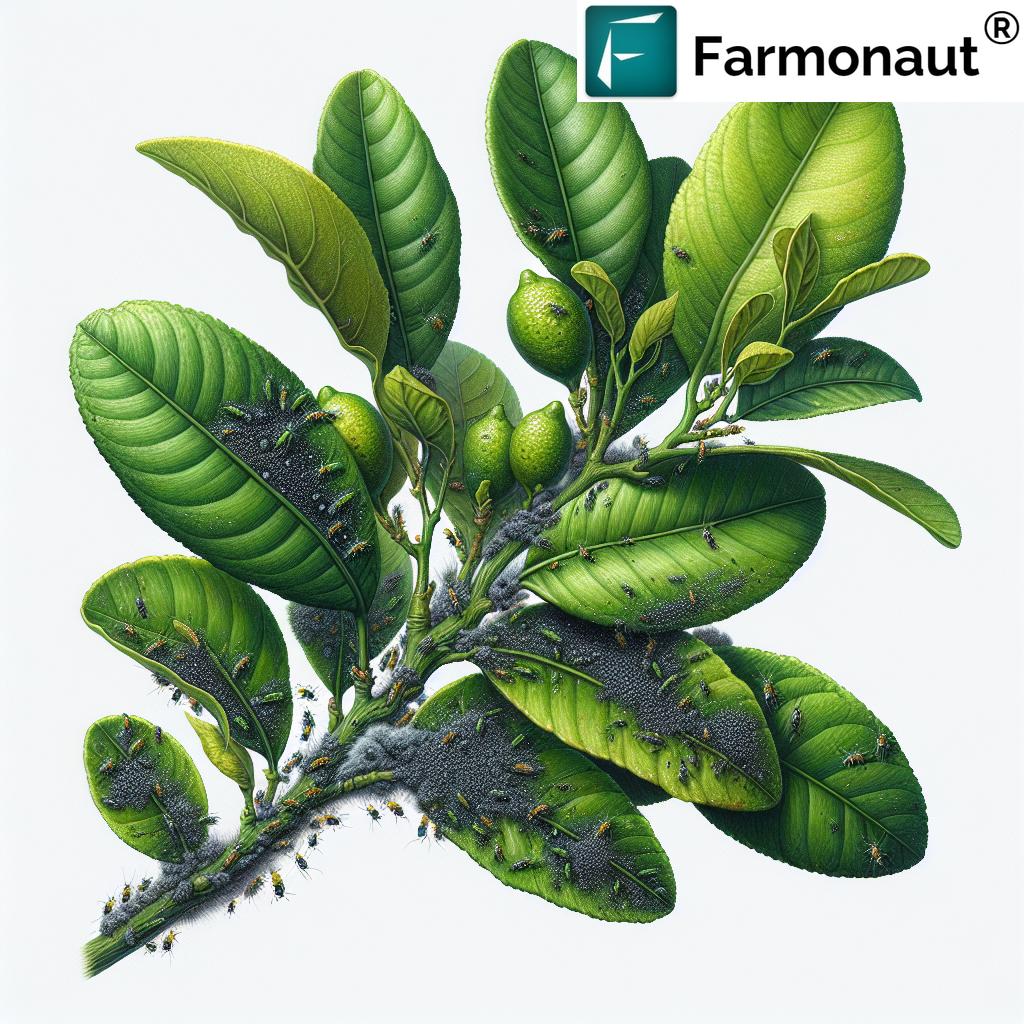Wormeries, Chicken Feed With Wormer: 7 Farming Hacks for Sustainable Agriculture in 2025
“In 2025, wormeries can increase soil productivity by up to 50% compared to traditional composting.”
Welcome to the future of sustainable farming! Modern agriculture is rapidly evolving, with innovative practices like wormeries, chicken feed with wormer, and worm manure gaining traction. As environmental pressures intensify and food systems face new challenges in 2025 and beyond, these solutions offer immense promise. Whether you’re a crop farmer, livestock keeper, or an agri-entrepreneur, this guide dives deep into 7 pivotal farming hacks leveraging worms, castings, and worm tea to enhance your farm’s productivity, soil health, and sustainability.
To stay ahead in a competitive, resource-stressed world, understanding and implementing these eco-friendly, resource-efficient systems is more essential than ever. Let’s unlock the power of vermiculture and integrated livestock management, and discover how you can profit and thrive sustainably.
1. Wormeries: The 2025 Gamechanger
Wormeries—also known as vermiculture systems—are organic waste management tools that involve the cultivation of earthworms for processing biodegradable material into nutrient-rich products. The core outputs from wormeries are worm castings (worm manure), worm biomass, and a powerful leachate called worm tea. These products are renowned for their essential role in:
- Boosting soil health and fertility via organic castings
- Enhancing crop productivity, plant vigor, and climate resilience
- Improving resource efficiency and reducing chemical input dependency
- Promoting a circular economy by integrating farm waste management with livestock feed
How Wormeries Work in Modern Agriculture
Wormeries operate by incorporating earthworms—like Eisenia Fetida, Lumbricus Rubellus, and other composting worm species—into specially constructed worm beds. These worms process farm, household, and livestock organic waste, generating rich castings and natural liquid extracts for immediate agricultural use, unlike slow traditional composting.
- Input: Organic waste including crop residues, livestock manure, food scraps
- Process: Worms metabolize waste, producing manure, worm tea, and new worm biomass
- Output: Worm manure (castings), worm tea, worms for animal feed
This natural system is a pivotal practice in sustainability and environmental management, presenting a comprehensive approach for 2025. Farmers adopting wormeries reduce chemical fertilizer dependence, recycle on-farm waste, and improve crop yields—all while boosting soil health crucial for long-term productivity.
Benefits of Wormeries vs Traditional Composting
- Speed: Wormeries break down organic material much faster than standard thermocomposting
- Nutrition: Worm manure is richer in nitrogen, phosphorus, potassium, and beneficial microbes
- Water Retention: Worm beds improve soil structure and increase water holding capacity
- Resource Recovery: Convert waste to valuable products—no landfill waste
- Sustainability: Reduce greenhouse gas emissions and support climate-smart agriculture
For advanced sustainability management, consider Farmonaut’s carbon footprinting tools—ideal for tracking and improving farm impact when integrating wormeries, chicken feed with wormer, and circular farming operations.
Wormeries in Circular Agricultural Systems
Wormeries serve dual roles—in soil health improvement and livestock feed supplementation. The integration of worm biomass into chicken feed with wormer and hog wormer pellets bridges crop and livestock health, laying the foundation for truly circular and sustainable farm management in 2026 and beyond.
2. Worm Manure: Nature’s Nutrient Gold
Worm manure—commonly known as worm castings—has emerged as the gold standard for improving soil structure, fertility, and plant productivity in both row crops and specialty production systems.
This all-natural, organic fertilizer is densely packed with essential nutrients (NPK and micronutrients) and beneficial microorganisms, making it far superior to synthetic alternatives in a sustainable farming context.
Unique Properties of Worm Manure
- Rich in Nutrients: Contains balanced NPK, trace minerals, and plant-available forms for immediate uptake
- Beneficial Microbes: Hosts bacteria and fungi that convert nutrients and enhance root development and soil health
- Improved Soil Structure: Increases aggregate stability, aeration, and water retention
- Suppresses Soil-Borne Diseases: Helps prevent outbreaks of root rot, damping-off, and nematode infestations
- Environmentally Safe: Apply freely without risk of chemical runoff or soil toxicity
Unlike chemical fertilizers, worm manure is safe for long-term application, does not degrade soil biology, and supports continuous soil improvement.
Integrating worm manure into intensive horticulture, forestry, and row crop operations is crucial for building resilience against climate stress and enhancing yields in challenging conditions.
- Use in open-field vegetable beds for healthy, vigorous crop growth
- Mix into tree planting pits for forestry and orchard establishment
- Apply to gardens and lawn care for year-round nutrient cycling
Harness hyper-local, data-driven insights on nutrient cycling, soil health, and input use efficiency with Farmonaut’s fleet & resource management solutions—perfect for optimizing worm manure delivery and on-farm logistics.
Pro Tip: Worm castings can be used directly or steeped in water to make “worm tea,” a potent liquid biostimulant discussed in the next section.
3. Worm Tea: Liquid Power for Plants
Worm tea, or vermicompost extract, is rapidly gaining popularity as the “liquid gold” for crops. This is a natural, organic biostimulant derived by steeping worm manure in aerated water, releasing soluble nutrients and diverse beneficial microbes.
“Chickens fed worm-enriched feed lay 15% more eggs than those on standard diets.”
Key Benefits of Worm Tea
- Immediate Nutrient Uptake: Quickly absorbed by roots and leaves via irrigation or foliar spray applications
- Enhances Plant Growth: Stimulates robust vegetative growth, flowering, and fruit set
- Disease Suppression: The live microbes in worm tea outcompete and suppress pathogenic fungi and bacteria
- Versatility: Applicable in open fields, greenhouses, orchards, and even hydroponic systems
- Reduces Chemical Inputs: Decreases reliance on traditional fertilizers and synthetic pesticides
For modern farming practices, worm tea is an essential addition to the grower’s toolkit, as it not only enhances yields but also strengthens the entire agroecosystem against environmental stress.
Use Farmonaut’s blockchain-based traceability platform to document, certify, and prove the sustainability benefits of your worm tea and organic crop production. Transparency builds consumer trust in 2025!
4. Chicken Feed With Wormer: Supercharge Your Flock
Chicken feed with wormer leverages the incredible nutritional profile of dried or processed worms. As we {Farmonaut} monitor and advise on sustainable feed formulations using AI-powered crop and livestock advisory, we see a marked difference in both animal health and farm productivity:
- Higher Protein Content: Dried worms are rich in protein (up to 60%), containing all essential amino acids, vitamins, and minerals for optimal chicken health and productivity
- Improved Egg Production: Layers on worm-based feeds lay up to 15% more eggs compared to standard diets
- Stronger Immunity: Worm-based nutrition promotes better resistance to diseases and environmental stress
- Enhanced Growth and Feed Conversion: Chickens achieve better weight gain, lower feed conversion ratios, and overall improved vitality
- Reduces Dependency on Fishmeal/Soybean Meal: Worm-derived feeds offer a lower footprint and cost
Livestock managers can track flock health, resource efficiency, and integrated wormery outputs using Farmonaut’s large-scale farm management tools, yielding greater returns for modern poultry and mixed operations.
Note: Adding wormer means chickens also get natural parasite control, reducing the need for synthetic chemical treatments and contributing to organic certification standards.
5. Hog Wormer Pellets & Livestock Productivity
Hog wormer pellets represent a pivotal innovation for hog husbandry and mixed livestock operations in 2025. Worm-based feeds are incorporated into pelleted rations for pigs and other livestock, offering the following benefits:
- Superior Protein & Nutrient Density: Dried worms are an excellent source of protein, energy, and trace minerals for rapid animal growth
- Better Feed Conversion: Livestock on worm-enriched pellets demonstrate higher weight gains and improved FCR (Feed Conversion Ratio)
- Natural Parasite Management: The inclusion of wormer ingredients aids in controlling internal parasites without harsh chemicals
- Reduces Reliance on Conventional Feeds: Lowers pressure on fishmeal and soy-based supply chains
- Boosts Animal Health: Promotes strong immunity and resilience against diseases
Modern livestock operations can benefit from real-time satellite, resource, and biomass tracking via Farmonaut’s monitoring and risk solutions, bringing data-driven insights to sustainable feed management and farm insurance.
6. Circular Economy: Closed-Loop Farming Systems
Wormeries drive a transition to closed-loop resource cycles—turning agricultural waste into high-value products while supporting livestock, soil health, and overall farm profitability. This circular model means:
- Waste from livestock (chicken litter, hog manure) processed in worm beds becomes organic fertilizer for crops
- Worm biomass produced in wormeries is fed back to animals as protein-rich supplement (chicken feed with wormer, hog wormer pellets)
- Worm manure and worm tea spread onto fields boosts soil health, crop yields, and reduces chemical dependence
- Farmers benefit from reduced input costs and generate new revenue streams (worms, castings, tea, feed supplements)
This circular economy integration not only increases farm resource efficiency but also minimizes environmental pollution, greenhouse gas emissions, and protects biodiversity.
For those interested in focused forestry, plantation, and carbon farming advice—discover Farmonaut’s crop plantation and forest advisory insights to optimize closed-loop systems with satellite and AI-driven data.
Key Takeaways: Wormeries & Sustainable Integration
- Wormeries help farms recycle organic waste and close nutrient cycles
- They maximize productivity, cut input costs, and protect environmental health
- Integration of worm products into livestock feed and soils enhances both animal health and crop vigor
7. Advanced Resource Management & Future Outlook
As we move into 2026 and beyond, the role of wormeries, chicken feed with wormer, hog wormer pellets, worm manure, and worm tea will be further enhanced by the integration of advanced technologies.
Some key trends to watch:
- AI & Satellite Monitoring: Real-time farm monitoring to optimize wormery management, track input-output ratios, and enhance resource allocation
- Digital Supply Chains: Blockchain-based traceability for proving product origin, sustainability claim, and accessing premium markets
- Resource Efficiency: Automated irrigation, fertigation, and manure application systems for precision ag operations
- Customized Feed Formulations: Diets tailored for animal species using AI insights—for maximized health and productivity
- Environmental Impact Monitoring: Satellite-driven carbon footprint measurement and soil health verification
{We at Farmonaut} offer subscription-based satellite, AI, and blockchain platforms for agricultural monitoring, resource management, and traceability—supporting farms, businesses, and governments striving for sustainable, circular, and efficient ag operations across the globe.
Developers: Leverage our comprehensive API suite or explore our API Developer Docs for integrating advanced monitoring, weather, and resource tools directly into your on-farm applications and systems.
Comparative Benefits Table: Wormeries, Manure, and Tea in 2025+ Sustainable Farming
| Farming Practice | Estimated Improvement in Soil Health (%) |
Projected Boost in Livestock Productivity (%) |
Reduction in Chemical Fertilizer Use (%) |
Sustainability Impact |
|---|---|---|---|---|
| Wormeries | Up to 50% | 15–30% | 40–60% | High |
| Worm Manure | 35–45% | N/A | 50–65% | High |
| Worm Tea | 20–30% | N/A | 30–50% | Medium–High |
| Chicken Feed with Wormer | N/A | 12–20% | N/A | High (Livestock) |
| Hog Wormer Pellets | N/A | 10–18% | N/A | High (Livestock) |
Note: Values are based on industry-wide adoption estimates and best-case management practices for modern sustainable agriculture in 2025–2026.
Frequently Asked Questions (FAQs)
What is a wormery and how does it benefit my farm?
A wormery is a contained system where earthworms compost organic farm waste into high-value worm manure, worm tea, and worm biomass. Benefits include better soil health, faster nutrient cycling, reduced fertilizer costs, and a more circular farm economy.
How do I use chicken feed with wormer for my flock?
Chicken feed with wormer contains dried/processed worms or worm extracts. It offers higher protein, essential vitamins, improved immunity, and also delivers natural parasite management—leading to enhanced egg production and overall flock health.
Can hog wormer pellets be used in all livestock?
While designed primarily for pigs, hog wormer pellets can be formulated for various livestock species. Always use species-specific blends for best results and ensure feeds meet regulatory and animal welfare standards.
How does worm manure differ from regular compost?
Worm manure is richer in available nutrients and beneficial microbes, resulting in faster plant response, improved root and soil health, and long-term fertility. It works more efficiently than conventional compost.
What role does technology play in managing wormeries?
Satellite and AI-based platforms like those by {Farmonaut} assist farmers in monitoring worm bed health, crop status, resource usage, and offer data-driven management advice for better yields and efficiency.
Is worm tea safe for all crops?
Yes, worm tea is safe for most crops. It provides a rapid infusion of soluble nutrients and beneficial microbes, boosts disease resistance, and is suitable for soil, foliar, and hydroponic applications.
How quickly can I see results after using worm products?
Many farmers report visible plant vigor, improved soil structure, or increased egg/livestock productivity within a few weeks of integrating worm-based systems and feeds.
Conclusion: Building a Resilient Future with Wormeries and Natural Farming Hacks
Wormeries, chicken feed with wormer, hog wormer pellets, worm manure, and worm tea have become pivotal practices in modern agriculture and animal husbandry, presenting sustainable solutions for soil, livestock health, and overall farm productivity.
As we progress through 2025, integrating these innovative techniques elevates agricultural operations from conventional to regenerative—delivering higher yields, reducing costs, and promoting environmental stewardship. The circular economy approach, supported by technology and data-driven management, positions farmers for profitability, resilience, and success well into 2026 and beyond.
{We at Farmonaut} are committed to empowering users, businesses, and governments with advanced satellite, AI, and blockchain tools that make sustainable agriculture affordable and accessible worldwide.
Unlock the future of farming. Adopt wormeries, worm-based products, and integrated management systems today to reap the rewards of healthier soils, stronger animals, better yields, and a greener planet.











